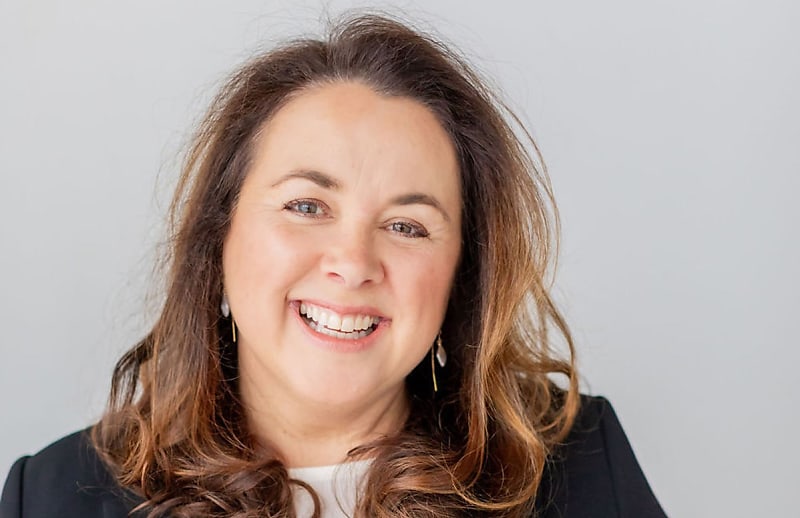I often see those longer-term ambitions, like scaling your firm or exploring new revenue streams get buried under the day-to-day grind.
That’s where accountability comes in. While it’s often thought of as a tool for teams, it’s just as powerful for business owners and leaders. Accountability provides the structure, perspective, and nudges you need to achieve your goals - even when client demands or business pressures threaten to throw you off course.
Why accountability matters for accountants
Breaking free from “client-first” mode
In accounting, you find yourself living by the mantra of “clients first”. But if every decision you make prioritises your clients over your own goals, you’ll find yourself stuck in reactive mode, always responding to the next urgent email or deadline.
Accountability creates a space where you’re not just focusing on their numbers - you’re focusing on yours, too. It helps you make room for your own ambitions and ensures that your goals don’t fall off the radar.
This year, I supported an accountant who had a goal to grow her boutique practice by offering advisory services. Before we started working together, she hadn’t taken a single step toward her plan as she was so tied up in client demands. With accountability support, she committed to dedicating two hours a week to building out her advisory framework. Within six weeks, she had signed her first advisory client, a move that set the stage for future growth.
Gaining perspective in a solo role
Running your own accounting practice can feel isolating. Even for those working in firms, the leadership role often comes with the pressure to have all the answers. But no one builds a thriving practice in a vacuum. Accountability offers an opportunity to step outside your bubble and get perspective from others.
When you have regular accountability check-ins - whether with a mentor, coach, or peers - you gain insights you wouldn’t get on your own. These conversations challenge your assumptions, help you problem-solve, and give you a much-needed sounding board for big decisions.
Imagine you’re considering whether to invest in a software upgrade for your practice. Talking it through with a trusted accountability partner can uncover hidden costs or alternative approaches you hadn’t considered. Accountability doesn’t just keep you on track, it sharpens your thinking.
Tackling the “perfect numbers” trap
Accountants are known for their precision and attention to detail, but this strength can sometimes turn into a stumbling block. The pursuit of perfection - whether it’s perfecting a proposal, a marketing plan, or even an internal process - can lead to delays and inaction. Accountability pushes you to prioritise progress over perfection.
Instead of endlessly tweaking your plans, an accountability partner can encourage you to set a deadline and move forward. This momentum is often the missing ingredient in turning good intentions into real results.
How to build accountability into your life
-
Find a Peer or Mentor: Look for someone you trust, who understands the unique challenges of your role. Schedule frequent (monthly or bi-weekly) sessions to discuss your goals, share updates, and problem-solve together.
-
Join a Mastermind or Accountability Group: Being part of a group of like-minded professionals offers accountability and fresh perspectives. This might mean joining a group that focuses on scaling practices or navigating leadership challenges - and don’t overlook the value of being part of a group that is non-industry related.
-
Leverage Technology: There’s an app for everything these days so why not install your own Accountability Buddy? Your Apple Watch might keep you on track with your fitness goals, giving you a nudge when you’ve been sitting down too long. I use tools like Asana and my Google Calendar to keep me on track professionally when self-motivation is lacking.
-
Track and Measure: Schedule regular time to review your goals. What have you achieved? Where are you falling behind? Holding yourself accountable through a structured review process can help you adjust your actions and stay on track.
Whether it’s building a stronger team, expanding your service offerings, or simply working fewer hours, accountability provides the framework that ensures your goals don’t get lost in the shuffle of everyday demands.
With the right structure in place, 2025 could be the year you achieve your most ambitious goals. Not by doing more, but by doing what matters most.
Michelle Broadbent is the owner and facilitator of Accountability Circle.
 Login
Login







You are not authorised to post comments.
Comments will undergo moderation before they get published.